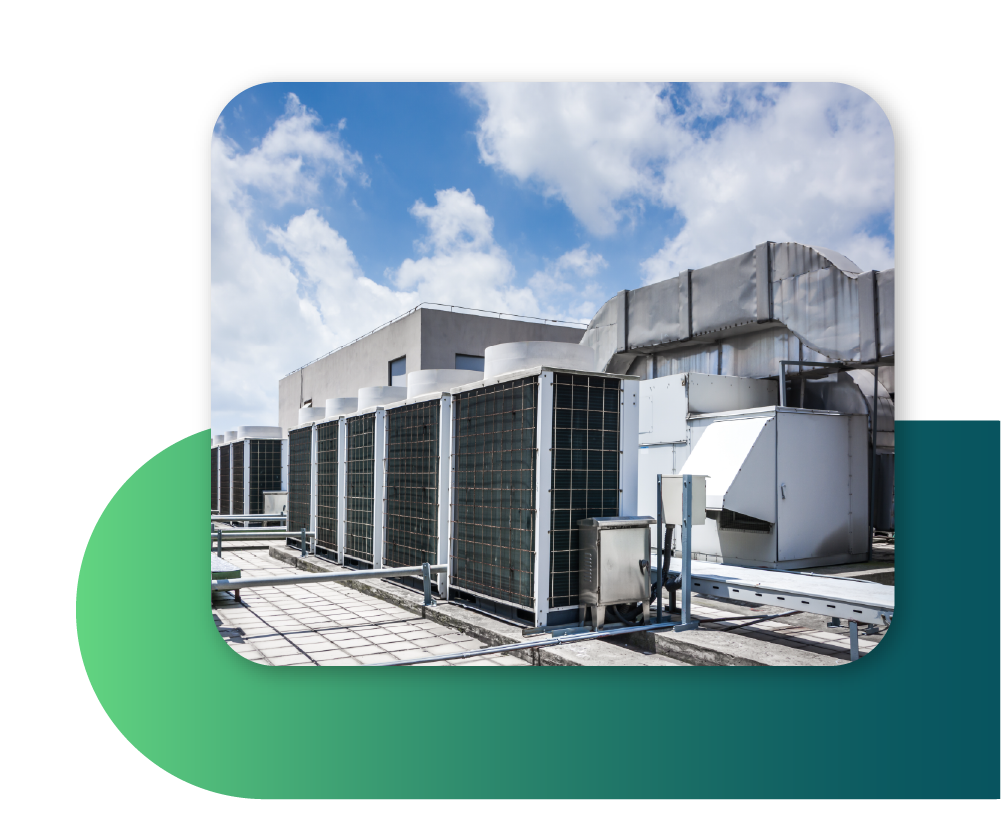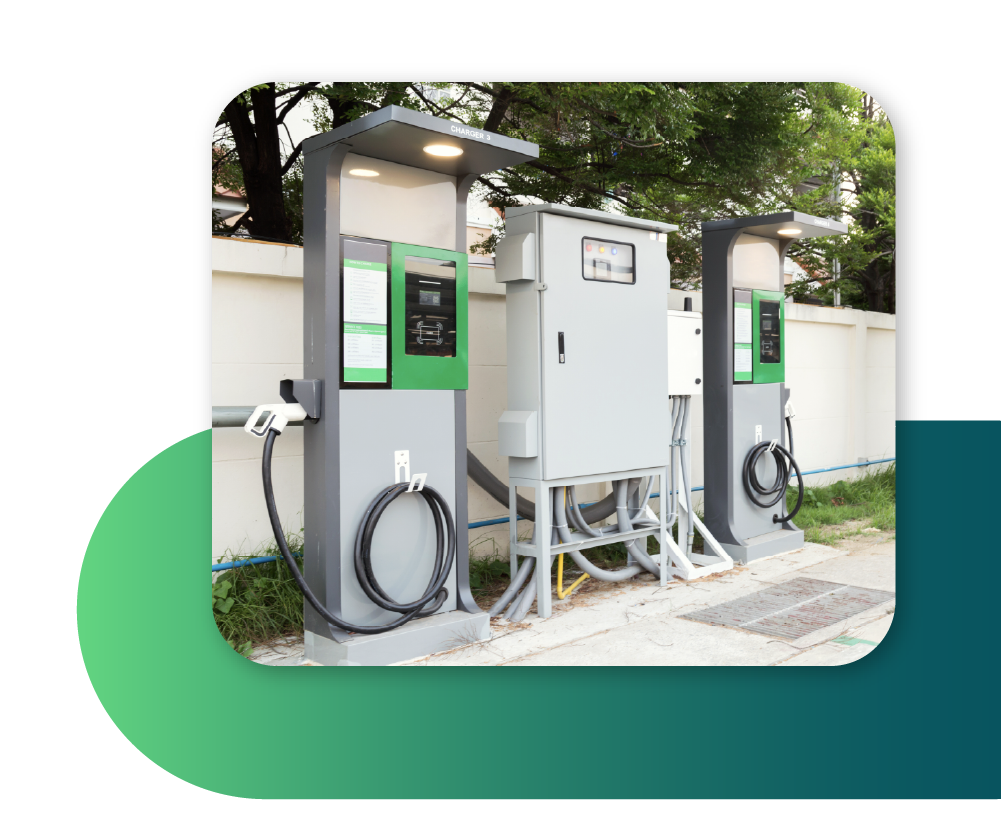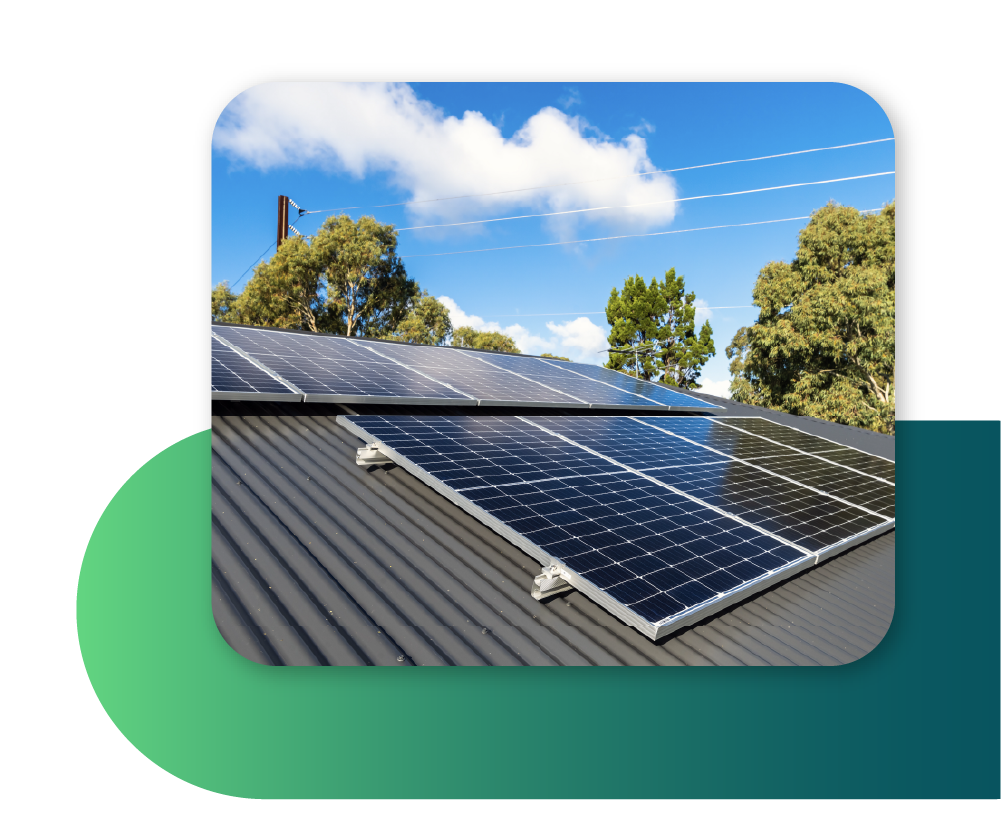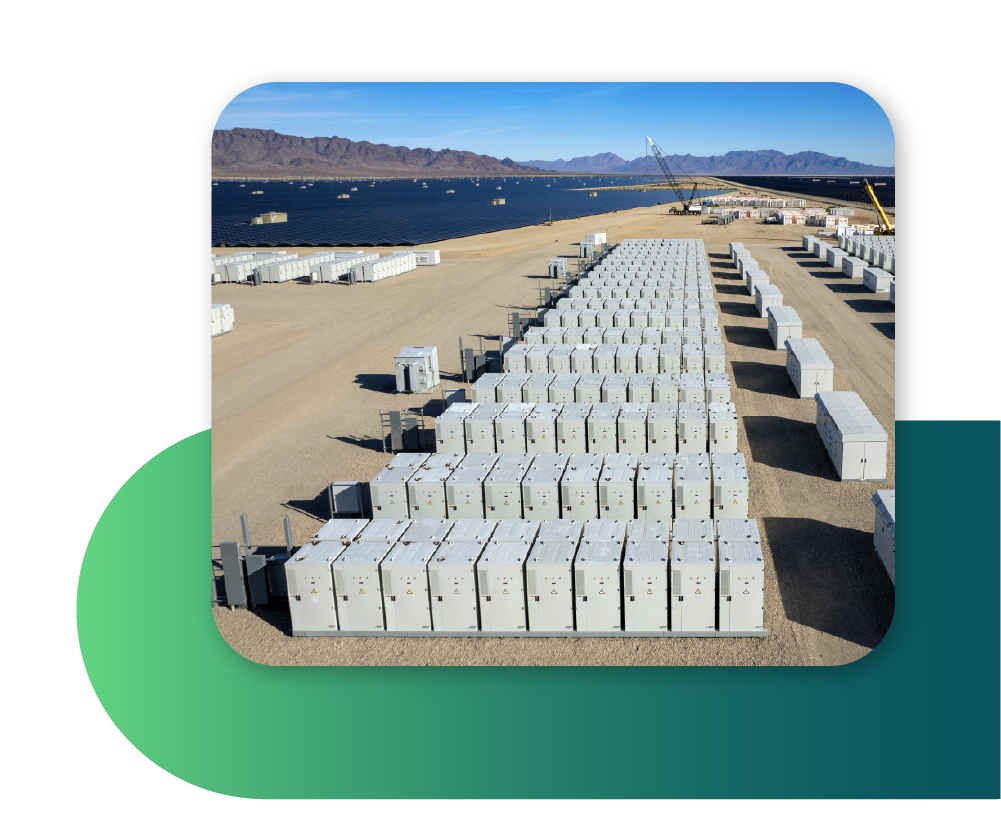Solutions
Achieve sustainability targets

-
Lighting
We conduct a full site energy audit and determine a custom lighting solution to improve overall efficiency and reduce costs. We retrofit, remodel, or replace existing equipment. Areas of lighting include but are not limited to: general/sales floor lighting, track heads, accent lights, utility locations, spot lighting, and all exterior lighting (accent, canopy, wall packs, flood, pole light).

-
HVAC
We identify efficiencies within the existing HVAC system without disrupting operations or existing infrastructure. Our HVAC services include RTU replacements and upgrades, variable speed drive upgrades, building envelope improvements, and advanced building controls.

-
Commissioning
We provide support for any building automation or control system through our network of service providers. From light switches to BMS/EMS and EVSE, we ensure all systems are operating effectively.

-
Electric Vehicle Charging Stations
We design and install Level 2 and DC Fast Charging electric vehicle charging solutions customized for your property. Our EV services include planning and procurement, installation, monitoring and maintenance and incentives, rebates, and financing.

-
Solar PV
We advise on solar project design and engineering, including planning and procurement, utility financing, and operations and maintenance.

-
Battery Energy Storage System (BESS)
We implement BESS solutions for smaller energy loads including POS systems or emergency lighting circuits, or for the entire facility to optimize building energy supply in peak and off-peak periods.

-
Site Expansion
Through our site expansion and new construction services, we help our customers design and incorporate renewable energy, energy efficiency and EV charging solutions into their expansion projects.









Case Study
Large Grocer

Industries
Sona's team of experts provide turnkey, custom solutions for your energy projects from audit to installation.
